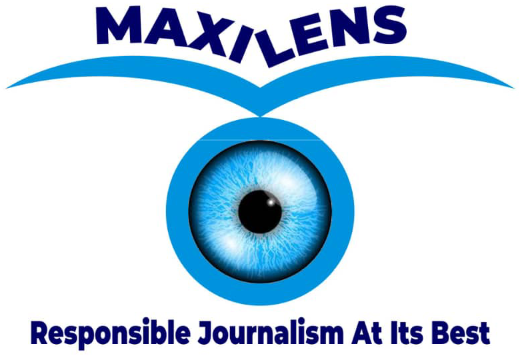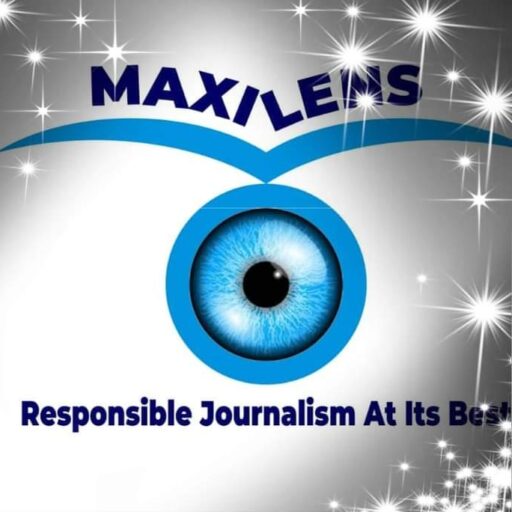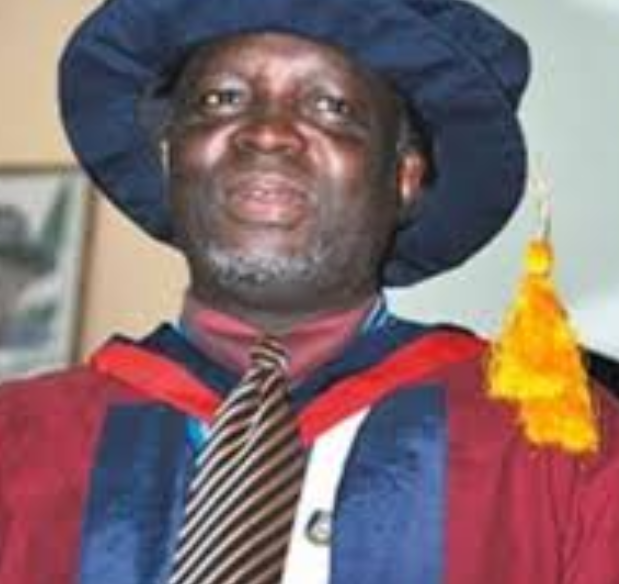Throughout its exertion to promote the development of various sectors, the Kwara state government has pursued a fairly consistent economic policy. This policy has two main elements; first, the state has sought to create an environment conducive to the growth of private enterprises, among both indigenous and foreign investors; second, it has intervened through the market to guide private sector development and has established what we describe as ‘Government-Owned Corporations’ (GOCs) where private investors have not or yet to respond to government’s invite to invest. Apart from stable macroeconomic policy, the favorable environment has been based upon public investments in human capital and infrastructure, and the maintenance of good labor relations.
Soon after the Abdulrahman Abdulrazaq’s government came into power, it introduced a plan for revitalization of education which laid stress on renovation of school facilities and recruitment of science based teachers. Senior trade union leaders were brought into government to establish a consensus in support of economic strategy. Statutory boards were critically engaged to be directly involved in assisting government actualize its reform programmes.
Statutory boards are de facto extensions of the civil service, supervised by the ministries and answerable to the executive but with autonomy in the day-to-day management of their operations. There is a statutory board in almost every socio-economic field, including public health, water, education and finance. They have shown to be cost-effective and generate operating funds. GOCs under the statutory boards were established for strategic reasons. For instance, where the private sector was slow to invest or inadequately invested, the state government came in as a rescue pilot (e.g in hospitals and medical services).
With the ascendancy of Abdulrahman Abdulrazaq to the governorship position of Kwara State (29 May, 2019), and his decision to appoint new faces into the cabinet, the state became a podium for heralding new political generation with the mandate to confront new economic challenges. Crucial new policy areas have been aimed at preparing for new economic competition: agriculture, education, health, finance and infrastructure. Abdulrazaq of course, can only be defined as a new leader in the narrowest sense of the world, who came in with plenty of experience as a successful business man having become the chief executive officer of an oil company as early as age thirty.
The governor and the other political leaders who share same political thought continually declare that, the current socio-economic reform came to challenge the status quo, and the impact this will have on Kwara economic structure will definitely be central to the state’s narrative. Most notably, the government also highlighted the undeniable impact of Covid-19 in creating a new centre for high-end investment environment in the geographical space called Kwara, as the pandemic came in the eve of the launch of his tenure.
Despite that, the Abdulrazaq led administration has actively vend the introduction of new sectors to the economy in ICT, visual art and entertainment, entrepreneurship nomenclated kwarapreneur, and other services requiring new skills and assets amongst the Kwara workforce. The new sectors benefited either from government’s soft loan or free interest loan. It’s beyond doubt that these innovative sectors, let slip new set of talented Kwarans whose skills set will be vital to national economic progress. In fact, the innovative sectors are clear departure from what citizens’ empowerment used to be in Kwara in previous administration.
In the conservative psyche, the social-liberal and political model which the kwara state governor deliberately chose for the common good has not been uniformly well received, especially among some elites who perceived it as odd when matched with the previous understanding of elite-masses relationship in the state. Some political elites within and outside the O-to-Ge movement have never made any attempt to hide the fact that, they do not perceive the liberal life and governance style of governor Abdulrazaq as being of high value to Kwara. They attempted to establish a domestic political paradigm based on the following philosophies:
- Design Kwara as an ‘administrative state’ consisting of few politicians and a selected elite bureaucracy or intelligentsia who themselves opportunistically gained or regained political relevance through the O-to-Ge mass wedding. Thus, proximately involved in deciding what is in the best interest of Kwara citizens even when they do not hold any political office in the state;
- The elitist politicians particularly prefer to be known as people who take on the role of policy makers, as opposed to the policy-advisory role which they wield comparative advantage in, by default;
- That, cabinet and other appointments by the governor must pass through their altar at least to receive Alubarika (spiritual blessing) if not endorsement.
Whereas, the governor unleashed his checksums to reflect the followings in the state:
- Redirection of popular emotion away from politics towards the economy. This he did by focusing on socio-investment programmes for the masses and appointing into public offices, those he believed could assist him to rebuild the state without necessarily being an appendage or getting the endorsement of any political bigwig.
- Reduction of political competition tantamount to increased power of administrative authority with maximal direct accountability to the public. A development that appears like two-edged sword that could even put the credibility of the governor, his cabinet and other elected officers to question. Recently, Kwarans have witnessed probing questions from the media and other civil society organizations challenging perceived non-implementation or poor implementation of contracts. Examples; EnetSUD vs Kwara State Government on Government High School Project, Kwara Must Change/Legislative Watch vs Kwara Lawmakers on constituency projects and cumulative legislative performances. These kinds of checkers were unprecedented in kwara politics, courtesy Governor Abdulrahman Abdulrazaq.
- The focus of the government is closer to a driving interest on delivering to the citizens; security of lives and property, healthy and improved living condition, employment opportunity, infrastructure and quality education.
The governor’s posture, we always describe as understanding the idiom of survival. An important aspect of this ‘idiom of survival’ is the understanding that, the primary aspect of good governance is predicated upon the ability to bring about positive change before agitations from different quarters which could lead to crisis. By and large, Kwara has witnessed unprecedented reordering of governance under Abdulrazaq, opening new frontiers for nobody to become somebody. Though with couple of challenges clogging its wheel, the state no doubt has made meaningful progress, but can only do more with a steady hand on the tiller.



